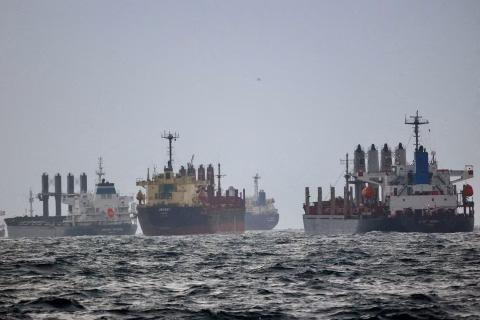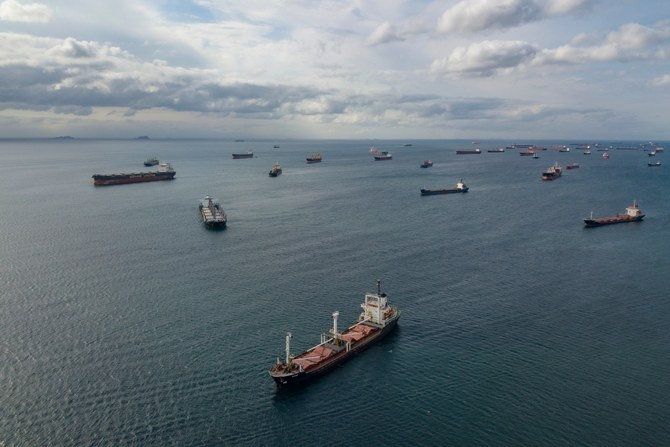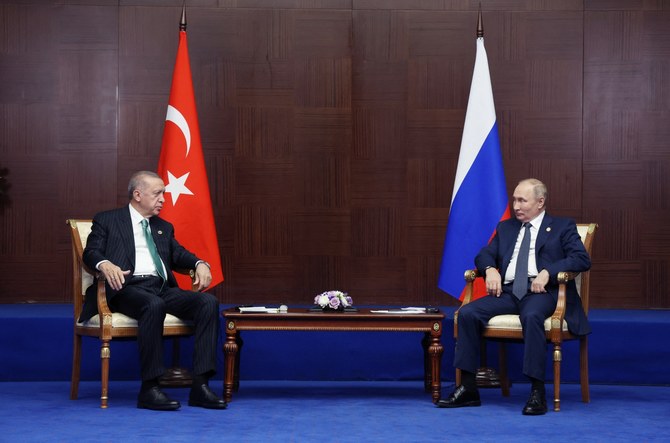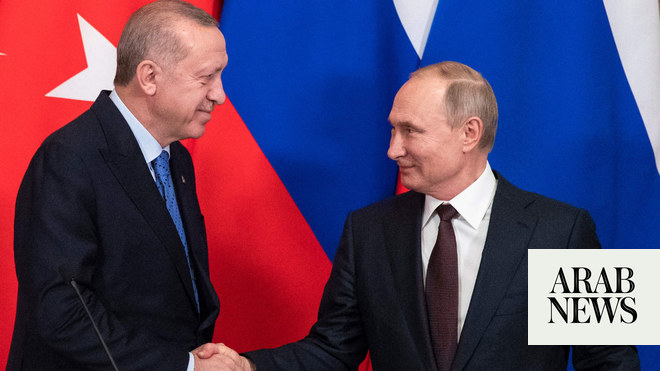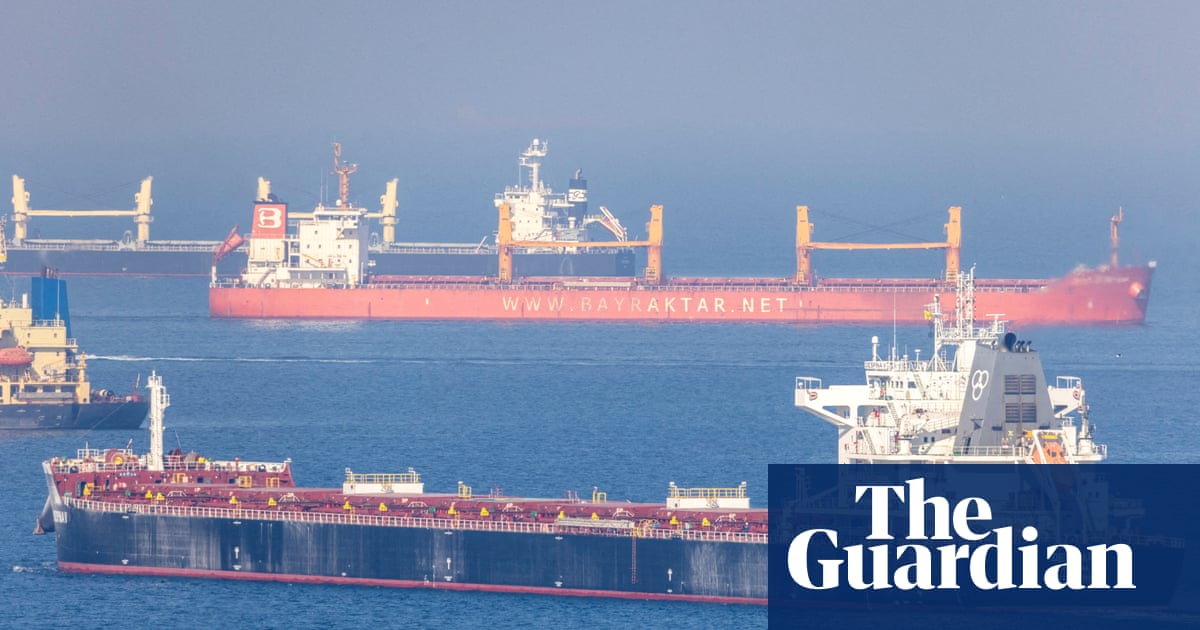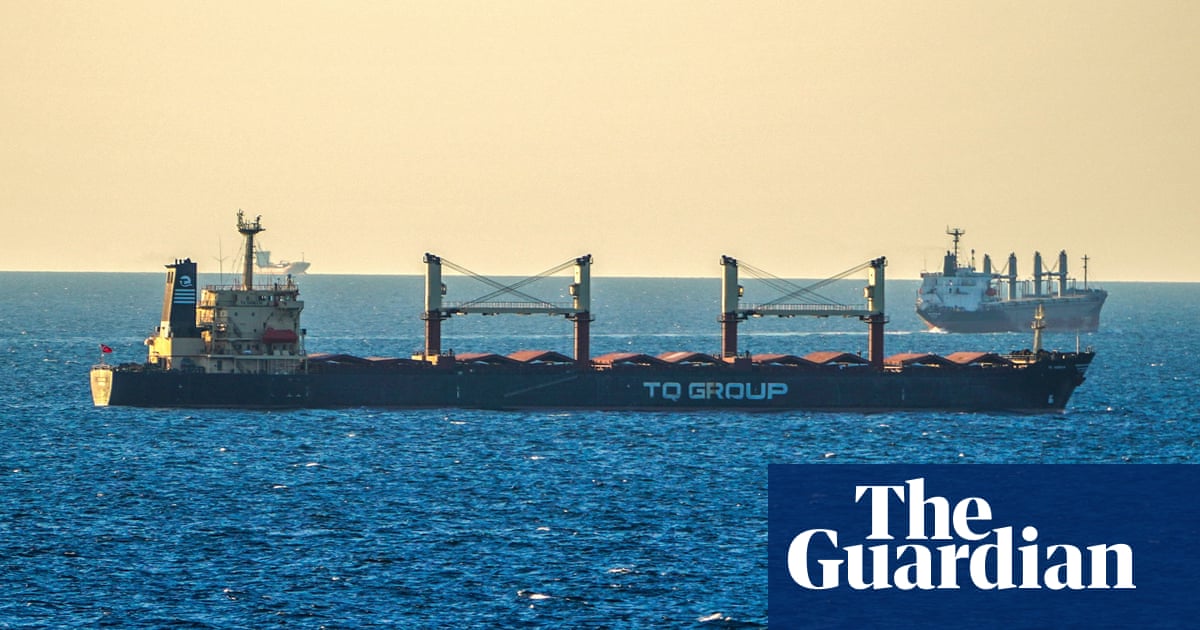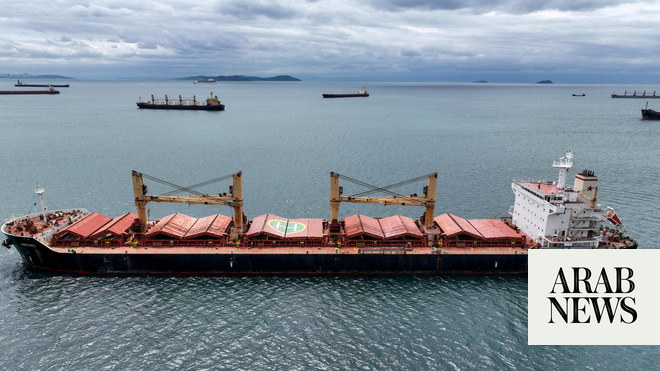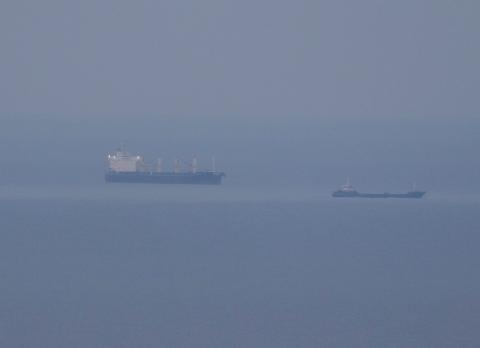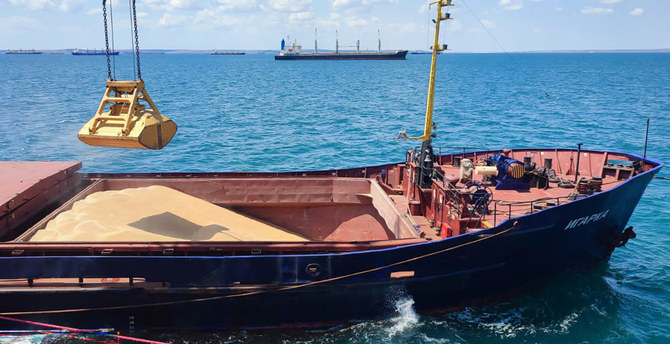
Russia last week suspended its participation in the deal that offered Ukraine the ability to export its grain by sea. The Black Sea Grain Initiative, originally mediated by the UN and Turkiye in July 2022 and extended by 60 days in May, officially expired at 5 p.m. Eastern Time on Monday.
The agreement had meant that Ukrainian ships could deliver grain from the Black Sea ports of Yuzhny, Odesa and Chornomorsk through the Bosphorus without being attacked. However, Russia stated that it would not renew the deal, arguing that it was being prohibited by Western sanctions from sufficiently exporting its own products. The importance of the grain deal to global food security is obvious, so this development is of great concern.
However, some parallels can be made with October last year, when Russia similarly suspended its participation in the deal. It is worth considering how the situation this time is different, the internal and external drivers of the strategy, and how this decision fits into the broader picture of the Ukraine war.
The most obvious outcome of this decision is a steep rise in grain prices. When it began last July, the Black Sea Grain Initiative produced an immediate drop in the price of wheat of up to 35 percent due to the restarting of supplies. Before the deal came into effect, in March 2022, the price had reached a historic high of $444 per ton. Within two days of Moscow announcing its decision to end the deal, the market had seen a 9 percent rise in the price of wheat.
The situation is different in the local markets of Russia, understanding which can help to see the domestic motivations for the decision. Russian farmers reportedly saw record harvests in 2022. In March, however, the beginning of a slow sowing campaign was accompanied by alarming signals — last year’s record growth turned into low grain prices and a sharp increase in stocks, which put pressure on the market.
According to Rosstat, the stocks of wheat in the agricultural organizations of the Russian Federation in February amounted to 17.3 million tons, which is almost 1.6 times more than the year before. A year ago, exporters bought wheat of the fourth class from producers at 17,800 rubles ($195) per ton; in March, it was 12,300 rubles.
For exporters, the problem is both the volatility of currencies and the adjustment of export duties, which occurs on a weekly basis. Demand is constrained by export quotas, as well as the disparity in export prices and the grain sales price expected by agricultural producers. Exporters, due to the prevailing conditions and the current situation, cannot offer purchase prices for farmers that are even close to fair. Russia’s decision to withdraw from the Black Sea Grain Initiative can plausibly be linked to efforts to predict and control future pricing, making exports both more sustainable and more competitive.
Another reason is external: Russia’s deteriorating relations with Turkiye. With less incentive to consider relations with Ankara — for whom the Black Sea export route is hugely important — Moscow may feel less constrained in conducting policy based solely on its own vision and goals.
In his latest analysis for the Carnegie Endowment for International Peace, Ruslan Suleymanov, of the Institute for Development and Diplomacy at ADA University in Azerbaijan, argues that Turkish President Recep Tayyip Erdogan has, since May’s election victory, been gradually shifting the country’s interests toward the West — and consequently to Kyiv. Erdogan’s interests are linked with the West as potential investors and his tour of the Gulf last week only confirmed this policy. Turkish support for Ukraine’s entry into NATO is also part of this calculation.
Russia’s decision to withdraw can plausibly be linked to efforts to predict and control future pricing.
Dr. Diana Galeeva
Both Turkiye and Russia have raised the stakes in their relationship since the grain deal lapsed. Kremlin spokesman Dmitry Peskov has warned that shipping grain out of Ukrainian Black Sea ports could now be risky, given the lack of Russian security assurances, while there have been suggestions that Turkiye could step in to protect shipments.
The possible outcomes of Russia’s decision have worldwide implications. Among the most-affected regions will be the Middle East, Africa and Asia, as they are key importers of grain. Within the original period of the humanitarian initiative known as Grain from Ukraine, from November 2022 to March 2023, Ukraine delivered more than 140,000 tons of wheat to African nations. These donations were funded by Norway, Italy, Belgium, the Czech Republic and the UK. This helped to further develop relations with the recipient countries from many sides — the donors, Ukraine, and even Russia for permitting the trade to continue.
Ukraine and Russia are both among the biggest wheat suppliers to the Middle East. In recent times, Ukraine has actively aimed to build strong links with the Arab world, and President Volodymyr Zelensky’s presence at the Arab League meeting in May only confirmed the strategic importance of the region, both as an economic outlet and a policy influencer in multiple spheres.
Therefore, questions can be raised about the extent to which Ukraine will be able to deal with the Middle East and North Africa region and specifically offer it grain. The Arab League may have to weigh up the potential cost, in terms of deteriorating relations with Moscow, of greater cooperation with Ukraine or, alternatively, what policies Moscow might pursue to further strengthen its links with the region, including as an exporter of grain.
Finally, the expiration of the deal happened on the same day that Ukraine proclaimed an attack on the bridge linking the annexed Crimean Peninsula to the Russian mainland, known as the Kerch Bridge, which has both strategic and symbolic importance for Moscow. A previous attack on the bridge was conducted last October, when a fuel tanker exploded. Peskov, while commenting on Russia’s decision concerning the grain deal, stated: “These are absolutely unrelated events.”
Whatever the truth of this, some parallels can be offered, as the grain deal was also on the brink of breaking down in October and early November. It also thereafter coincided with Moscow suspending its involvement in drone attacks on the city of Sevastopol. Whether Russia will return to the negotiating table, amid doubts over who could mediate the talks given the damaged Moscow-Ankara relations, is another question. Perhaps this is an opening for the Gulf states to show their neutrality and persuasiveness.
In the meantime, the only certainties are that there are many voices pressing for the deal to be reinstated and that many ordinary people around the world will feel the effects until a new agreement can be reached.
• Dr. Diana Galeeva is a former academic visitor to St. Antony’s College, Oxford University (2019-2022).
Twitter: @Dr_GaleevaDiana




